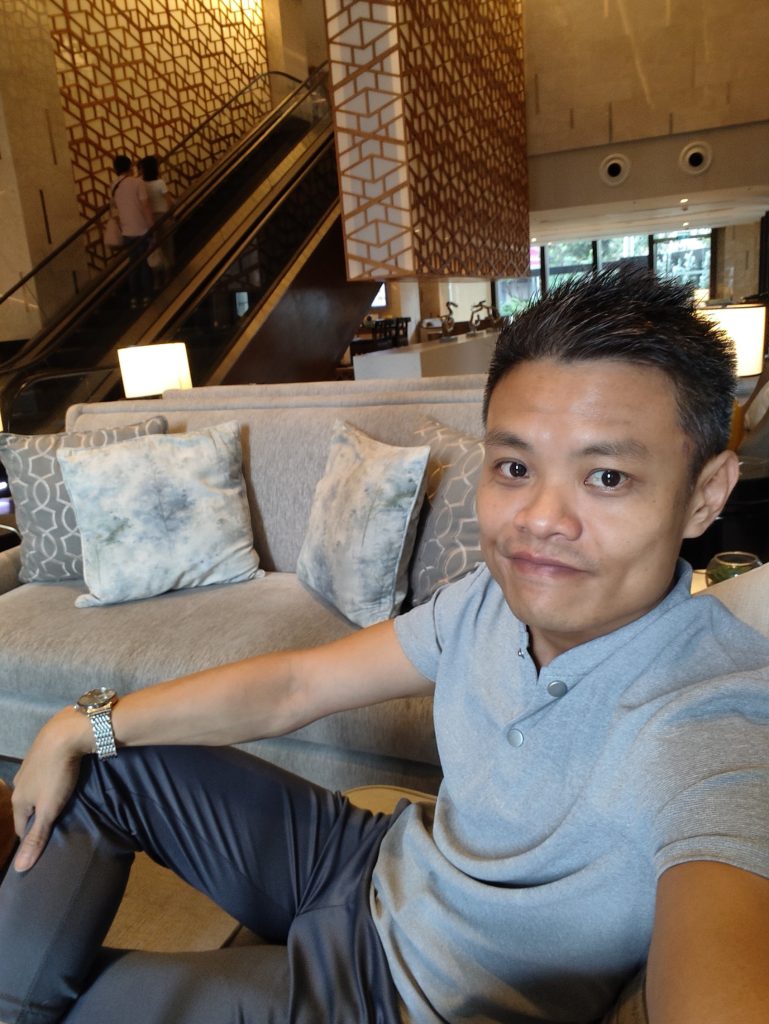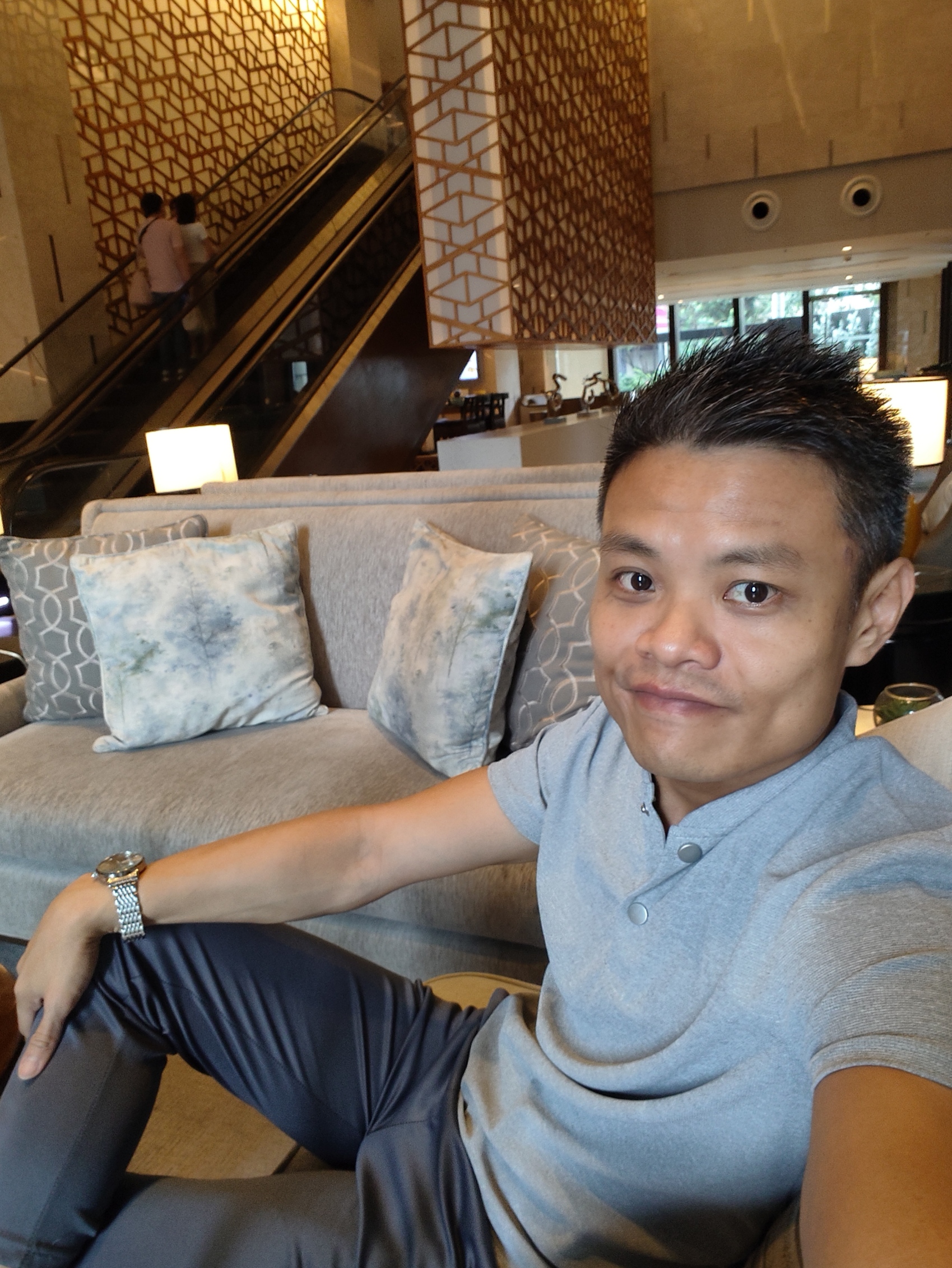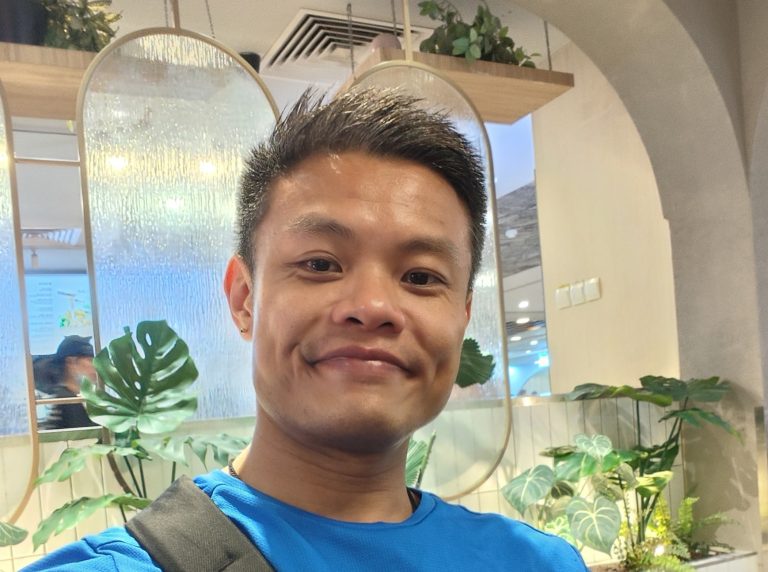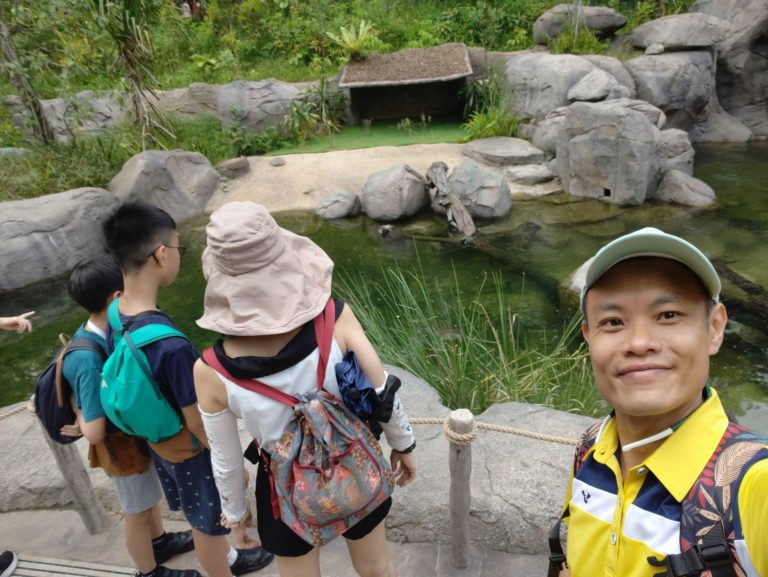When Local Champions Fade: What Can We Learn from Singapore’s Innovation Journey? 【当本地企业失去光彩:新加坡创新之路给我们的启示】
🍃 In the story of Singapore’s technology sector, few names once inspired as much pride as Creative Technology — the homegrown pioneer behind the Sound Blaster, a product that revolutionized PC audio worldwide.
Creative’s rise — and its eventual fade from global relevance — prompts a deeper question for all of us who care about the future of Singapore’s innovation economy:
Have we built the right environment for our local champions to thrive, scale, and lead globally?
This reflection is not about one company alone, nor any particular individual. It is about the culture, policies, and systemic choices that shape the outcomes for every aspiring entrepreneur and innovator in our nation.

🌿 在新加坡科技发展史上,创新科技(Creative Technology) 曾是让国人倍感骄傲的名字。其推出的 Sound Blaster 声霸卡,曾经在全球范围内引领个人电脑音频革命。
然而,创新科技从辉煌走向平淡,这段经历促使我们深思:
我们是否真正为本地企业家打造了一个可以茁壮成长、扩展规模、并在全球舞台上领先的良好环境?
这不仅仅是某一间公司的故事,也不仅关乎某一位个人。这是关于我们整个体系、政策环境和文化氛围如何影响每一位有志之士能否实现梦想的探讨。
📍 Procurement and Policy: Are We Truly Supporting Homegrown Innovation?
📍 采购与政策:我们真的在支持本地创新吗?
Across the globe, we often see governments playing an active role in nurturing their local innovators — from Japan’s backing of Sony to Korea’s strategic support of Samsung and Hyundai.
In Singapore, however, many local entrepreneurs quietly face the reality that government-linked companies (GLCs) and statutory boards often lean toward global MNCs for solutions, leaving homegrown enterprises struggling for market acceptance even at home.
The late founder of Creative Technology once highlighted this challenge, famously describing Singapore’s rigid and rules-based business environment as suffering from “No U-Turn Syndrome” — where initiative is stifled unless explicit permission is granted.
This critique was not a condemnation of leadership, but a heartfelt call to reimagine how our systems could better foster creativity and risk-taking.
在全球各地,政府往往积极扶持本国企业的发展——无论是日本对索尼(Sony)的支持,还是韩国对三星(Samsung)、现代(Hyundai)的战略培育。
但在新加坡,许多本地企业家默默面对着一个尴尬的现实:不少政府相关企业(GLCs)及法定机构,往往优先采购跨国企业(MNC)的产品与方案,使得本地企业即使在家门口也难以获得应有的市场机会。
创新科技已故创办人曾直言不讳地指出这一困境,并以**“不准掉头症”(No U-Turn Syndrome)**来形容新加坡过于僵化、以规则为先的商业环境——创新主动性往往被严格的审批文化所抑制。
这番话,并非对领导层的指责,而是一种对制度环境的真诚呼吁,希望新加坡能够为创意与冒险精神提供更宽广的舞台。
👔 Culture Matters: Encouraging Boldness Over Compliance
👔 文化决定高度:我们是否在奖励大胆创新,而非一味服从?
It is worth asking: Do our leadership approaches, both in policy and in business culture, reward safe conformity over disruptive creativity? Do we embrace those who dare to challenge the status quo — or do we quietly discourage them?
Innovation thrives where calculated risk is encouraged and where dissenting voices are heard, not silenced. The best ideas often come from those unafraid to question the existing order.
In reflecting on Singapore’s innovation journey, this is perhaps the most crucial area for introspection — not just for policymakers, but for all of us as leaders, partners, and investors.

值得我们深思的是:我们的领导方式——无论在政策层面还是商业文化上——是否过于倾向于表面的安全与服从,而忽略了颠覆性创新的价值? 我们是否真正接纳那些敢于质疑现状、挑战常规的人?
创新之火,往往燃起于那些敢于承担合理风险,敢于发声表达不同观点的土壤之上。很多颠覆性思维,正是源自那些不愿墨守成规、勇于追问“为什么”的人。
在回顾新加坡的创新之路时,这或许是最值得我们所有人(不论是政策制定者、企业领导者、还是投资者)自我反省的重要课题。
🌏 Beyond One Company: Shaping the Future of Our Innovation Ecosystem
🌏 超越一间公司:为新加坡创新生态系统塑造更美好的未来
Creative Technology’s journey — from world leader to cautionary tale — is not an isolated incident. It represents a missed opportunity to build a global success story from Singapore soil.
But the larger question remains: Are we ready to do things differently for the next generation of innovators?
Some questions we might consider:
- How can procurement policies better support local enterprises without compromising standards?
- Are our funding mechanisms and risk appetite aligned with the realities of scaling innovation?
- How do we foster an environment where independent thinkers are respected and not quietly sidelined?
创新科技从全球领导者滑落为反思案例,这并非孤立事件。这也许是新加坡错失打造属于自己的国际级创新传奇的一次重要机会。
但真正值得我们深思的是: 我们是否已经准备好,为下一代创新者创造一个不同的、更有利于成长的生态环境?
或许我们需要思考:
- 如何在不牺牲质量标准的前提下,让政府采购更有效地支持本地企业?
- 我们的融资机制与风险偏好,是否真正契合创新企业规模化成长的需求?
- 我们是否给予独立思考者应有的尊重,而非将他们悄然边缘化?
☎️ A Call for Collective Reflection
☎️ 一场属于全民的集体反思
This is not about pointing fingers. It is about looking ahead and asking ourselves what kind of innovation ecosystem we want to leave behind for the next wave of entrepreneurs.
If we believe in Singapore, we must also believe in the people who dare to dream differently.
Let us honor the lessons from the past — not with blame, but with the courage to build better.
这篇文章的出发点,并不是为了指责任何个人或组织。真正的重点是: 我们愿意为下一代创新者留下一个怎样的生态系统?
如果我们真正相信新加坡的未来,那么我们也必须相信那些敢于有不同梦想的人。
让我们带着对过去的尊重,不是以责备收场,而是以更大的勇气,共同建设一个更好的明天。
#SupportLocalInnovation #SingaporeTech #InnovationEcosystem #LeadershipReflection #NoUTurnSyndrome #MadeInSingapore #PolicyDialogue #支持本地创新 #新加坡科技 #创新生态系统 #领导力反思 #不准掉头症 #新加坡制造 #政策对话
Optional Disclaimer:
This article reflects personal views on innovation culture and policy. It is not directed at any individual or political party. The intent is to encourage open, constructive dialogue on how Singapore can continue to grow as a global hub for innovation. 本文仅为个人对创新文化及政策环境的反思,并非针对任何个人或政党。文章旨在鼓励开放与建设性的对话,探讨新加坡如何持续发展为全球创新中心。
This article is also published on LinkedIn. For more interesting stories and insights, visit marvinfoo.com’s blog section.


![🙋♂️💕🌿 [MENTORSHIP | GROWTH | WELLNESS]](https://marvinfoo.com/wp-content/uploads/2025/03/IMG_20250328_061315-768x406.jpg)




